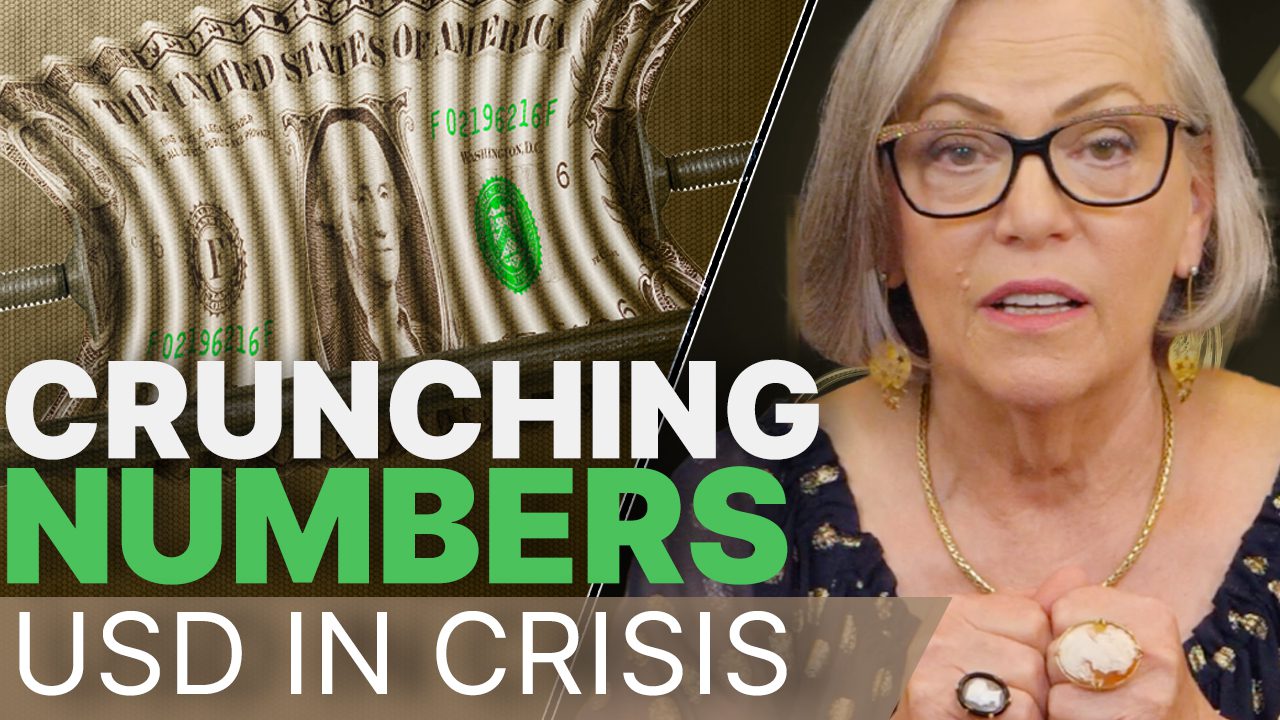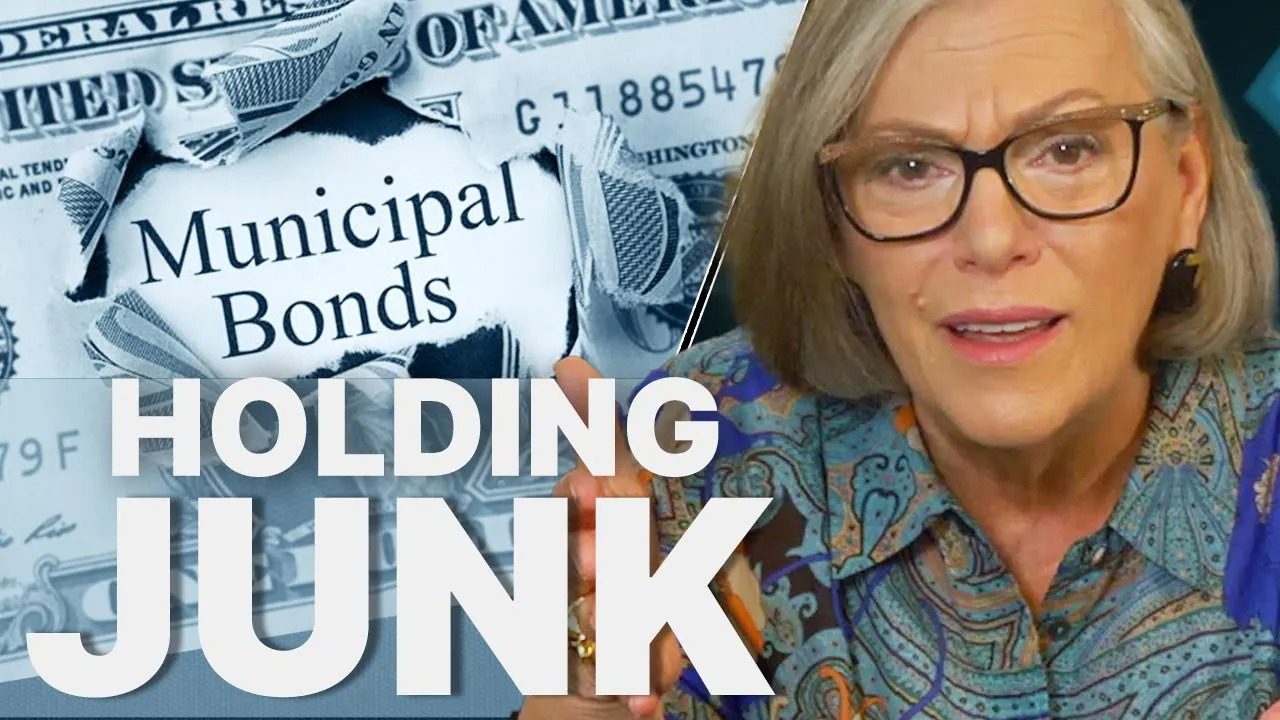More Recessions More Frequently says ECRI

 To start off, recessions are business cycle contractions, a significant slowdown in economic activity. Macroeconomic measures, such as GDP, employment, investment spending, capacity utilization, household income, business profits, and inflation fall, while bankruptcies and the unemployment rate rise. The technical indicator of a recession is two consecutive quarters of negative economic growth as indicated by a country’s gross domestic product.
To start off, recessions are business cycle contractions, a significant slowdown in economic activity. Macroeconomic measures, such as GDP, employment, investment spending, capacity utilization, household income, business profits, and inflation fall, while bankruptcies and the unemployment rate rise. The technical indicator of a recession is two consecutive quarters of negative economic growth as indicated by a country’s gross domestic product.
A majority of economists assumed the $2.4 trillion British economy would scratch out a slight recovery. Unfortunately, the Office for National Statistics (ONS) reported that Britain’s gross domestic product sank 0.2 percent in the first quarter of 2012 following a decline of 0.3 percent at the end of 2011, disappointing those who predicted a 0.1 percent growth.
The Bank of England cautioned that there is a chance of another decline in the second quarter of 2012, due to an additional public holiday. In contrast to the previous two quarters, there does not appear to be further monetary stimulus through quantitative easing asset purchases, due to above-target inflation, which looks uglier than before.
The argument of a number of private-sector economists, that the underlying health of Britain’s economy was stronger than the ONS data suggested, due to relatively upbeat private-sector surveys and a fall in unemployment appear to have be overly optimistic.
Britain is not alone in its double dip woes. In September of last year Economic Cycle Research Institute, run by Lakshman Achuthan, announced that the United States was again tipping into recession. Since then, ECRI has taken a lot of grief in maintaining that recession call. Achuthan’s response, “The straight answer is that the objective economic indicators we monitor, including those we make public, give us no other choice.â€
In a recent posting, ECRI’s Achuthan stated that we are moving into an era of increasingly recurrent recessions as a result of two things: 1- falling economic trend growth and 2- rising cyclical volatility following the end of the Great Moderation (1980s – 2007). He goes on to discuss a phenomenon referred to as the Bullwhip Effect, “where small fluctuations in consumer demand growth get amplified up the supply chain into big swings in demand as we move away from the consumer.”
When he says “we†are moving into an era of increasingly recurrent recessions, he means not only the U.S. but also much of the developed world, especially Europe. What’s more, the idea of global “decoupling” is by and large an illusion because of the export dependencies of most economies.
So the bad news is that there may be dark days ahead, the good news is that we are not alone. If misery loves company, than miserably comfortable may be the norm in the upcoming recessions.













